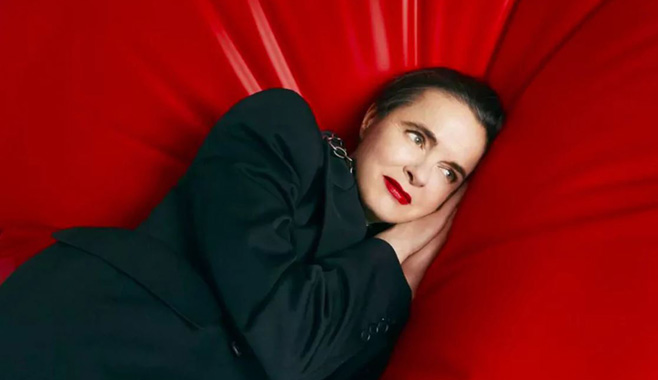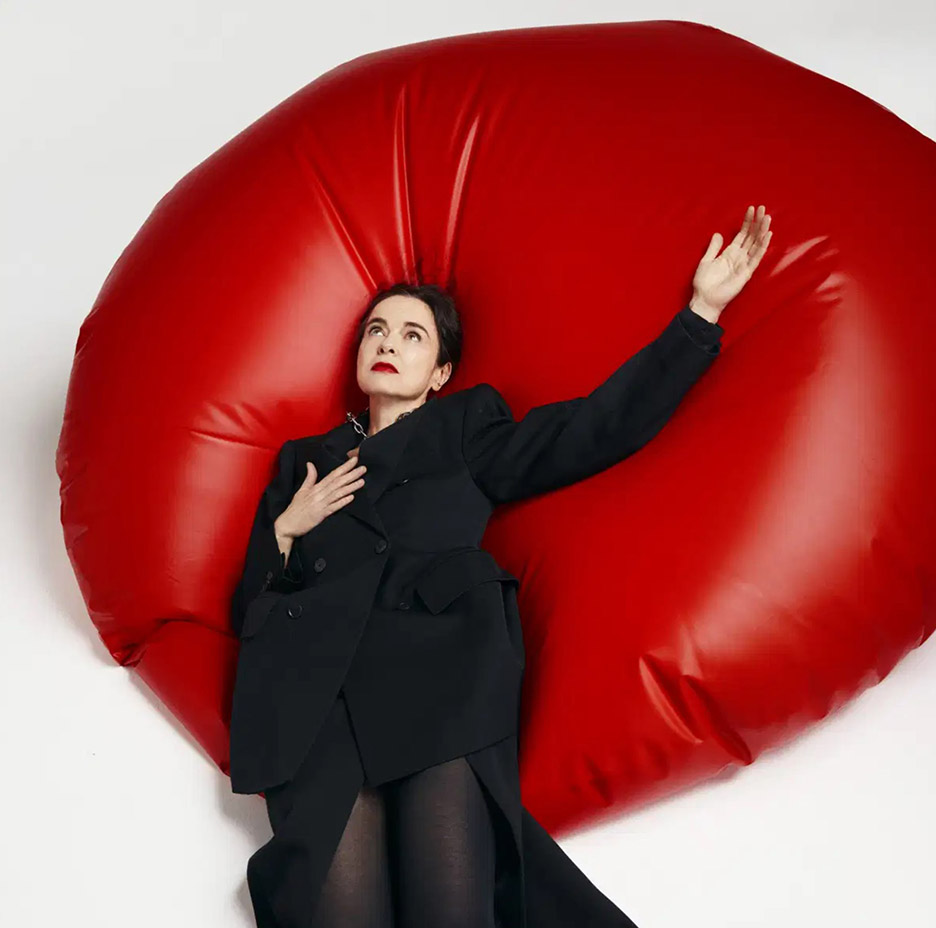Book
L’impossible retour
Amélie Nothomb
4/5
Amélie in Japan
It’s been very long since I last read Nothomb. I was never really taken by her first novel, L’Hygiène de l’assassin (Hygiene and the Assassin) which launched her illustrious career in 1992. I very much liked her later novel Stupeur et tremblements (Fear and Trembling) which was successfully turned into a film, but since then Nothomb has become a mega star whose beautiful photographs always adorn the cover of her novels. She is almost always dressed in black, with her face made up with white face powder and a bright red lipstick. The resemblance with a geisha is studied. She capitalises on her elegance and eccentricity to such an extent that she has become what I believe marketing people call ‘a brand’. Hence my reluctance to read her work.


Nevertheless, the promise of hearing more about her relationship with Japan prompted me to give L’impossible retour a try. This short autobiographic novel has not yet been translated into English and when it is, which is fairly likely, it may indeed be entitled The impossible return. It recounts the narrator’s visit to Japan (Kyoto, Nara and Tokyo) in May 2023 with a friend called Pep. The friend seems imaginary or at least the facts that the writer gives about her are, but serves an interesting purpose in the novel of teasing and challenging the narrator, rejecting her sentimentality and revealing her narcissism which the author herself recounts in a pretend-humble manner. It kind of works, and more importantly confirms that Nothomb has a great skill as a writer.
Without delving too deep into Nothomb’s biography, it has frequently been pointed out that she was not in fact born in Japan contradictory to her biographic notices. Nevertheless Japan is a hugely important part of her personality as a writer. I was really interested in this most of all. How will someone who has built her persona on a somewhat romanticised and partly invented association with Japan write about this recent encounter with her ‘sacred land’?
Amélie and Pep stay in an obligatory ryokan, visit the famous Buddhist temples, walk, talk, eat and drink. Pep turns out to be a difficult and demanding hotel guest due to her severe asthma, but somehow the impression is that Amélie is displacing her eccentricity onto her companion. Nothomb writes about Japan with detachment and sentimentality in equal measure, she knows very well where to draw the line not to reveal too much about her personal life. There are little humorous glimpses of this when she says for instance: “What is more arrogant, saying we or I?” which can be read in multiple different ways.

Amélie acknowledges that she has very little memory of Tokyo even though she used to live there. She explains that this is possibly the result of the two traumatic years she spent trying to settle Tokyo in her early twenties, which inspired her novel Stupeur et tremblement (Fear and Trembling). We are left to wonder to what extent this is true.
During her stay Amélie continues her routine of getting up very early in the morning to write and reading when she retires to her hotel room. She affirms that the only time she does not doubt her own existence is when she is reading. Perhaps this is because that is the only time she spends not elaborating her identity as an author.
I have probably left the impression that I am very critical of Nothomb, but in fact I have really enjoyed this book and have appreciated the author’s elegant style and lovely dialogues. L’impossible retour is an unpretentious, light travelogue that deftly plays with the light and the shadows of the writer’s famous persona. I thoroughly recommend reading it as I did on a short haul flight, one half on the way out, the other on the way back.
The impossibility of return is not only the impossibility of revisiting a foundational place and time, or managing our associated oversized expectations, it is above all the melancholy and emptiness of the return home after illuminating and exciting travels, and the impossibility of changing ourselves in the way we think we should be able to.